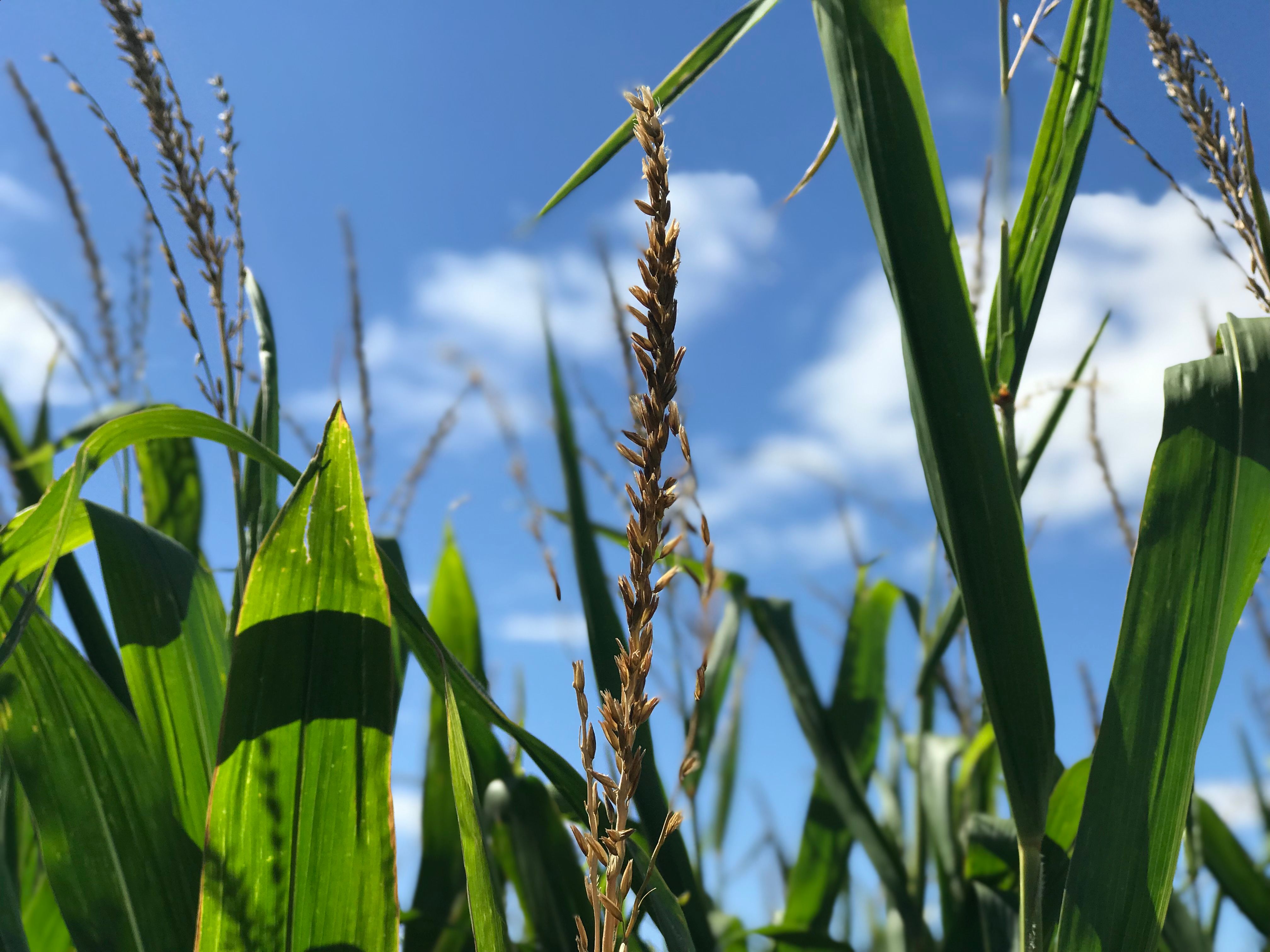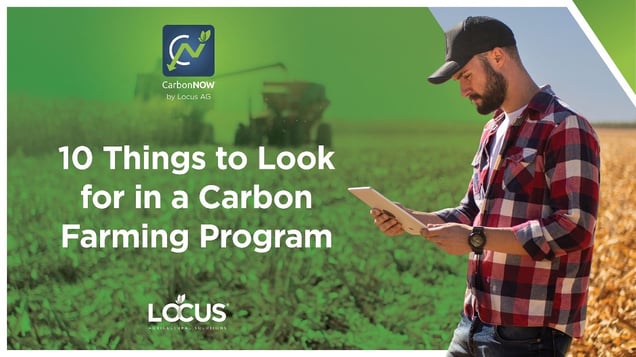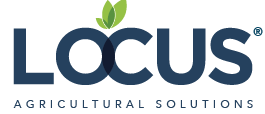A Helpful Guide to Sort Through the Myriad of Programs in the Industry
With the harvest season behind us, the focus now moves to the planning for the season and years ahead. Keeping and renewing leases is a critical part of most farming operations. If you are one of the farms that manages this process manually or using a spreadsheet, you know how time-consuming it is and the risks of things falling through the cracks which can have a long-term impact on your relationship with your landowner. Today's technology allows for automation of a lot of these tasks at a fraction of the cost, saving you time, preventing things from being forgotten or omitted, and eventually helping you build a nurturing relationship with your landowner.
Challenge
According to the USDA 80% of rented land is owned by non-operator landlords, who in many cases lack farming experience. Additionally, 20% of the land is owned by absentee landlords. Whatever the context you operate in, effective communication between landowners and farmers forms the backbone of a fruitful and long-lasting relationship. Yet many of us struggle with how best to manage this aspect of our business.
Checklist
Farmers who are interested in joining a carbon farming program often aren’t sure where to start. The research required to dig through all the available programs can be confusing and takes precious time away from the farm.
Each carbon farming program comes with its own specific eligibility requirements, processes, and payment structure. These programs all offer financial compensation for farming carbon, but not every program will work for every farmer.
So how do you choose which carbon farming program is right for you?
To help you sort through the options, we’ve put together this 10-question checklist that you can use when considering carbon farming programs:
-
- 1. How much can farmers be paid for carbon farming? Carbon farming programs vary in their payment process. Joining a program can increase a farming business’ profits, but by how much?
- 2. How quickly will farmers receive carbon farming payments? After understanding how much farmers will be paid for carbon farming, the next question to ask is: when?
- 3. What are the eligibility requirements for the carbon farming program? Eligibility terms vary program-to-program, making it harder to know which ones will accept farms already engaged in carbon sequestering practices.
- 4. What practice changes does the program require? Some farms can’t afford to implement the practice changes required to join certain carbon farming programs.
- 5. How much does it cost to participate? Farmers may be surprised to learn that some carbon programs have out-of-pocket costs.
- 6. What data is required and who manages data collection? The data collection and management process can be extremely time-consuming, making it important to ask who will be responsible for these tasks.
- 7. How is carbon measured? Carbon farming programs can use different types of soil tests to measure carbon on growers’ farms.
- 8. Who sets and approves standards for the program? Farmers putting in the hard work of increasing the carbon sequestration capacity of their farm want to have their work acknowledge and verified by an accredited third party.
- 9. How are credits sold? Carbon credits are sold either through an internal marketplace or through an external partnership with a third-party.
- 10. Are there any additional benefits beyond the carbon payment? Some carbon programs offer added benefits to farmers, in addition to the regular carbon payments.




